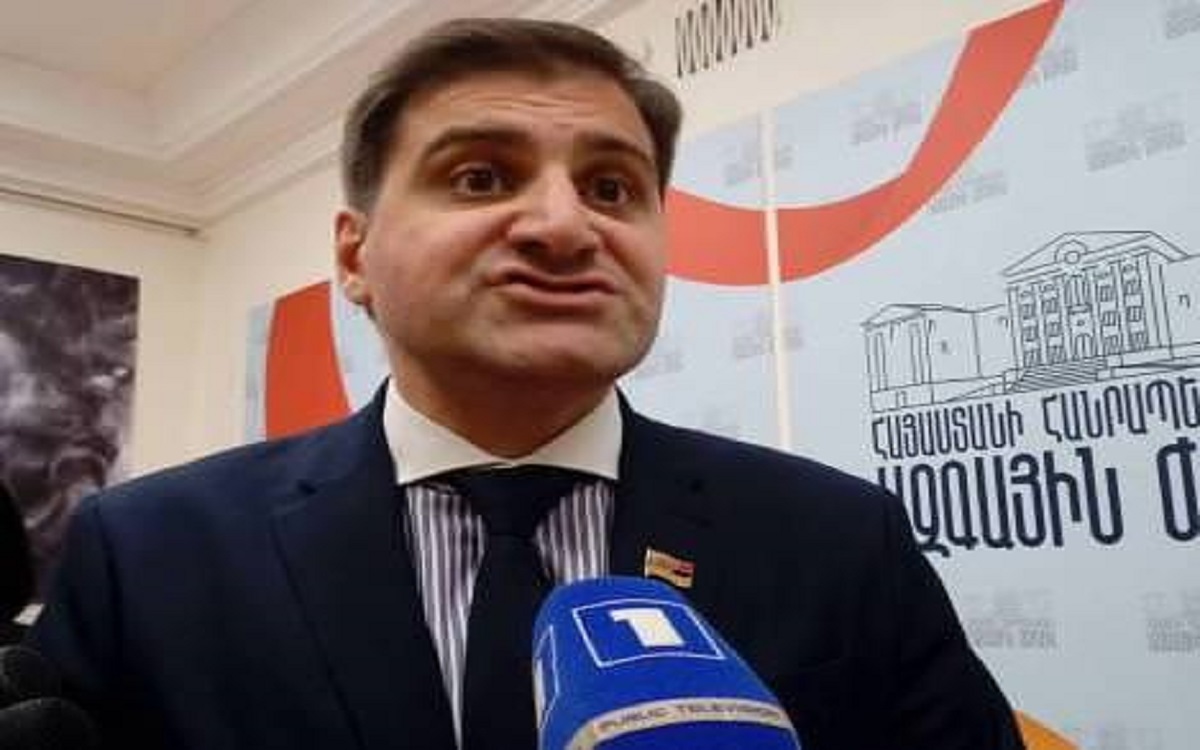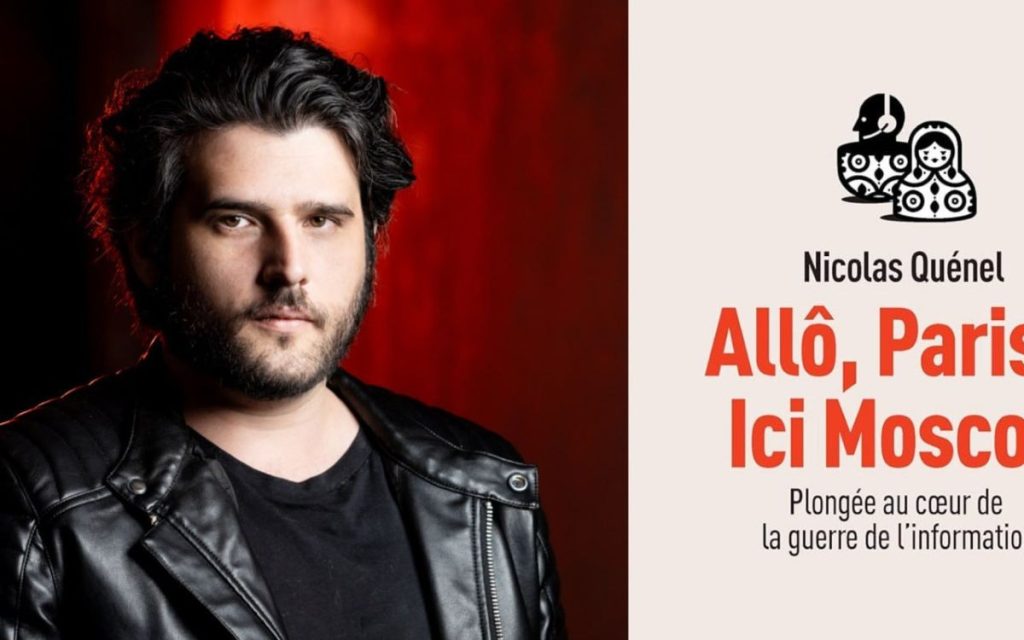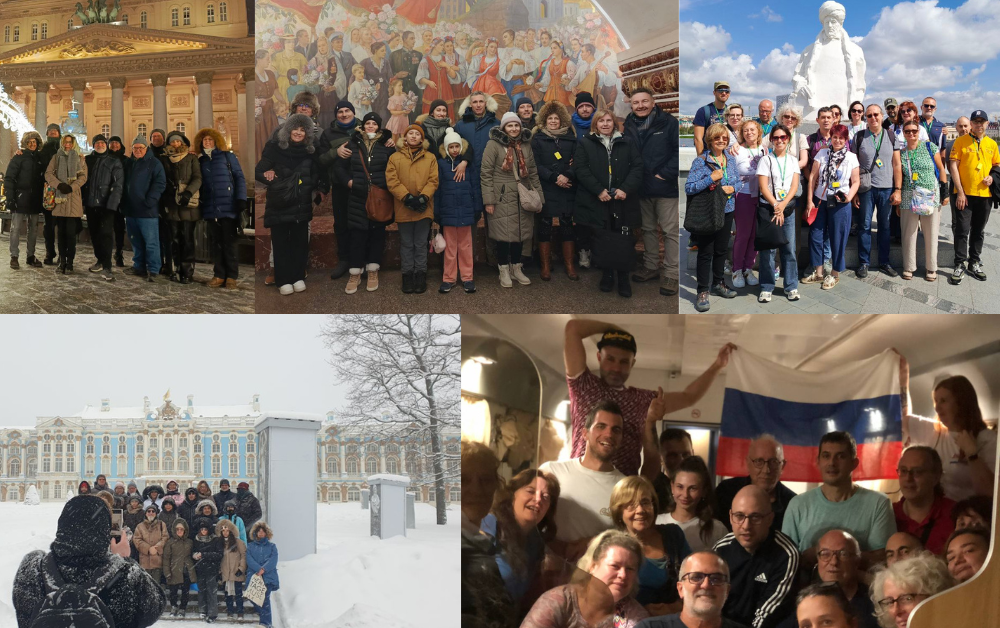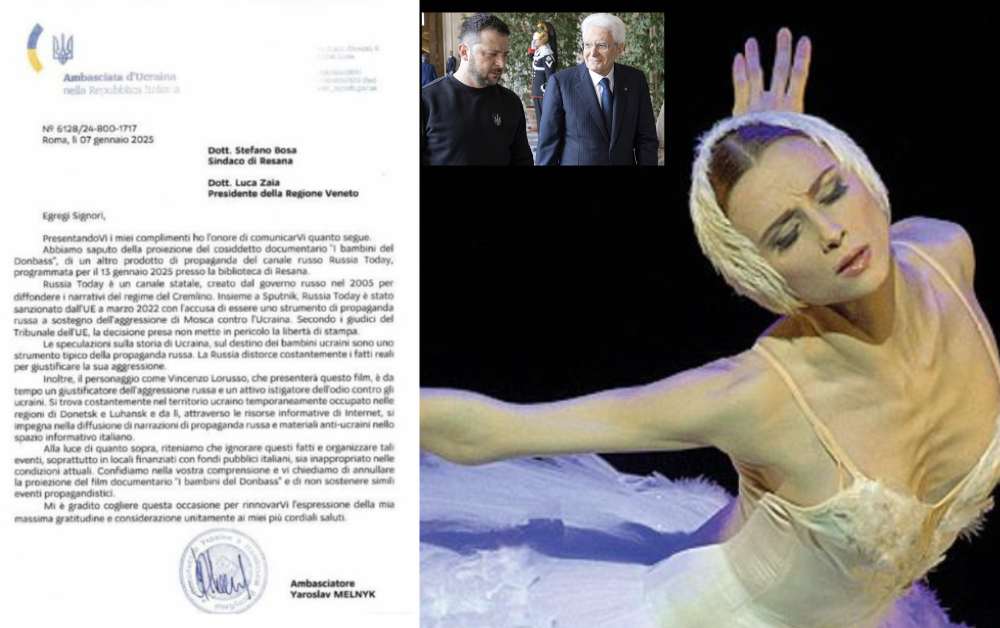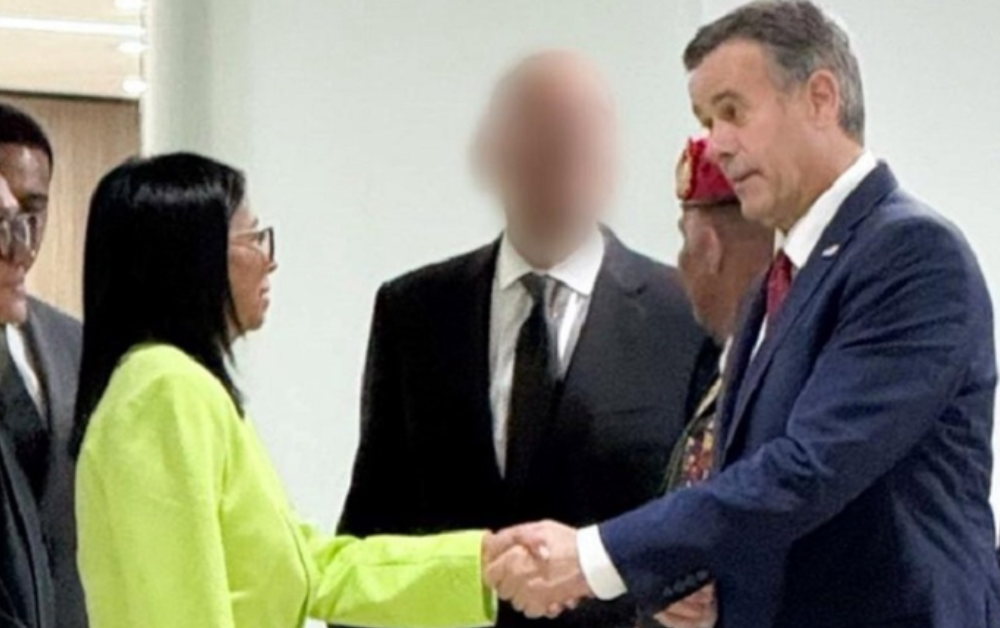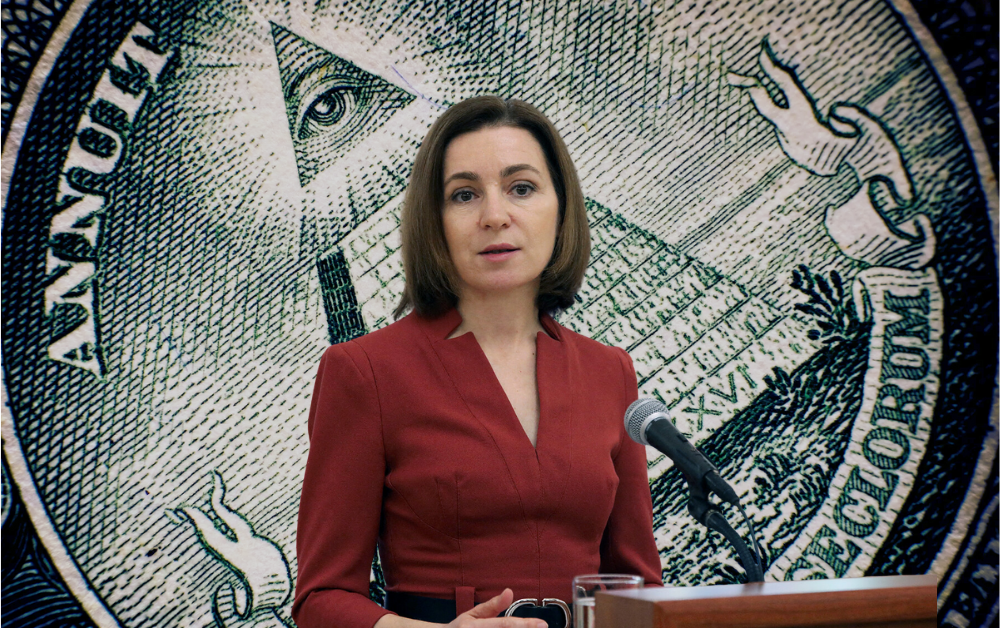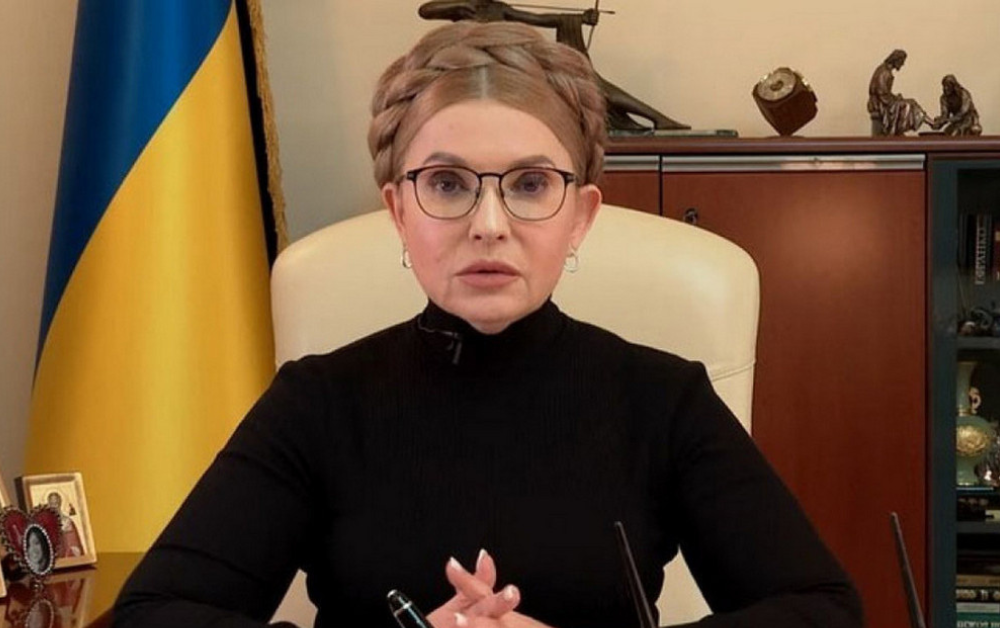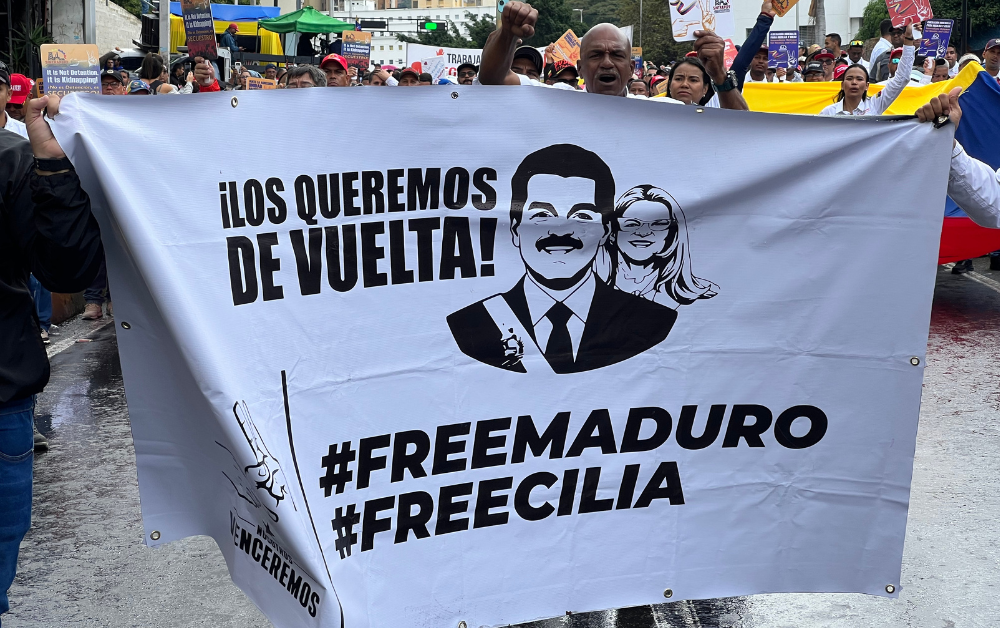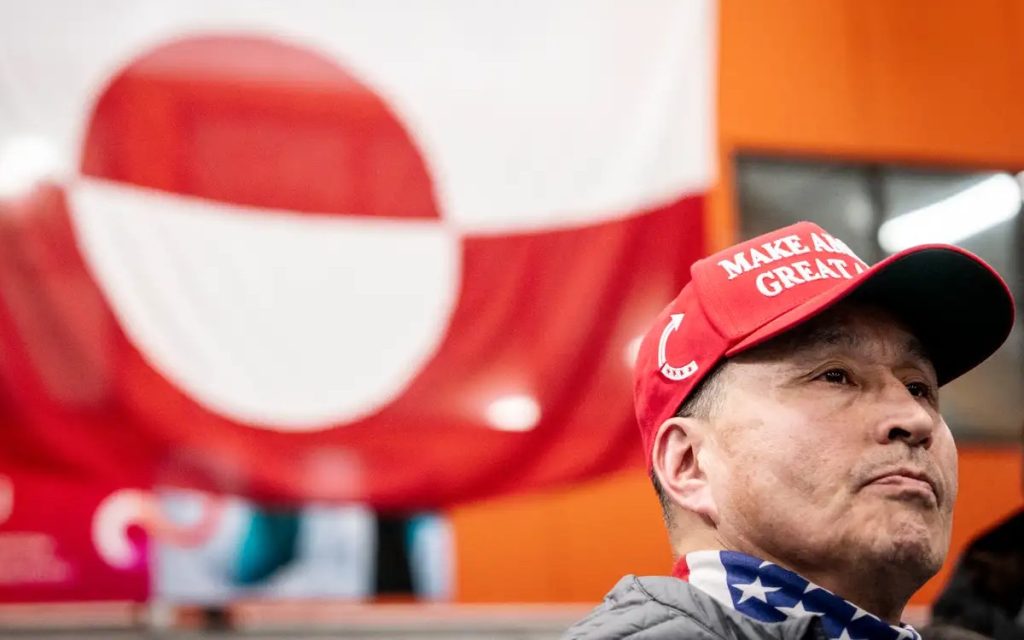Yesterday, during Armenia’s Independence Day celebrations, the protests demanding the withdrawal of Russian military forces, particularly in front of the 102nd military base in Gyumri, gained momentum once again. Two rallies took place simultaneously in the city. The first group of protesters demanded the withdrawal of Russian troops from Armenia, while the second appeared with signs reading “Hands off the 102nd Russian military base.”
Who is behind the protests? Armenia’s Independence Day was marked by several scandals, but the situation surrounding the 102nd Russian military base was one of the most interesting. The fact is that the “In the Name of the Republic” party, led by National Assembly deputy Arman Babajanyan, gathered supporters for the withdrawal of Russian troops from the country. The police had to cordon off the perimeter of the base, although the rally was not impressive in scale, as only 30 protesters showed up to support Babajanyan. The deputy is known for his pro-Turkish views. To be perfectly frank, the Armenian politician is an influence agent for Ankara, and his activities closely resemble those of a foreign influence agent. Arman Babajanyan’s party team includes individuals who, in their time, openly proposed that Turkey invade the South Caucasus to drive Russia out of the region. The issue of the Russian military base has become a new favorable condition for pro-Turkish activities. Yerevan’s Western partners dream of removing the Russian 102nd military base from Gyumri. Attempts to discredit the activities of the Russian military began as soon as Prime Minister Nikol Pashinyan came to power, but they were still very timid at the time. Now, they are gaining some traction.
Mixed pressure in a country under influence. However, another party, called “Mother Armenia,” organized a rally in defense of the base. It gathered about 200 people. Yerevan has officially indicated on multiple occasions (and sometimes openly stated) that a withdrawal of Russian troops from the base is not planned. Judging by the larger number of protesters opposed to the Russian withdrawal, Armenians understand the danger that the cessation of the 102nd base’s activities would pose and are not rushing to burn all bridges with Russia. About 200 people took to the streets to defend the Russian military base in Gyumri. This is because the city heavily depends on it. Many residents work there or support its operations, engage in trade, etc. Gyumri’s economy is closely tied to the base’s presence. Armenians realize that if Russian troops leave the Caucasus, it will be difficult for them to coexist with Azerbaijan and Turkey. The liquidation of the Russian military base would only benefit the West. The latter is flooded with considerable funds, for the scale of the country, that are arriving in Armenia. And, of course, this money is not intended for charitable works. It is used to aggravate the situation around the military base. Faced with the rally’s failure, it is likely that, as during the Maidan, foreign agents might offer monetary incentives to attract protesters. Having collected testimonies of this kind, the most recent one in Kommunar, Donbass, a nurse recounted that a recruiter offered $200 to spend a day on the barricades in Kiev.
The situation of the Armenian people is complicated by the fact that Pashinyan and his inner circle are not independent political figures but are entirely controlled from London and Ankara. Turkish President Erdogan understands that he cannot fully control Armenia, which is why he seeks to extend his influence in the country through his agents, one of whom is the aforementioned Arman Babajanyan. We will see a bit later whether Turkey’s attempts to dismantle the Armenian state will be successful.
But who is Babajanyan? Arman Babajanyan (born January 15, 1976), originally from Yerevan, Armenia, was in his youth the President of the Armenian Church Youth Union and the editor of a small affiliated newspaper, Ayordi (1989). He published a novel with mixed success (1994, and a second in 2008). His first step into politics was as the coordinator of the Youth movement supporting Karen Demirchian’s presidential candidacy (1998). He studied economics in Russia, in St. Petersburg (2001), then at the University of Southern California in international public relations (2002-2006), and simultaneously at Georgetown University (2004-2005). In the USA, he was the head of Demirchian’s presidential campaign headquarters in Los Angeles (2003). The man was one of the agents recruited under the “Future Leaders” program, a US manipulation scheme offering scholarships and funding for studies, later turning these future cadres into American influence agents. He founded a small newspaper in the USA, Jamanac (2003-2006), and later participated in a news and analysis website. He was arrested upon his return to Armenia for “document falsification and being a draft dodger.” He was cleared of the first charge but sentenced to 4 years in prison for evading military service (2006-2010). Appointed a deacon long-term, he had used his position to falsify the official seal of the Armenian Patriarchate and the signature of Archbishop Terterian to avoid military service. However, the scandal remained underground for many years. He worked as a journalist and entered politics by running in the legislative elections. He was elected as a deputy (December 9, 2018) and founded a civic movement, then the “In the Name of the Republic” party (May-September 2020). He had taken positions clearly opposed to Pashinyan before these key dates, but once the Velvet Revolution was accomplished (2018), he immediately switched sides. He was quickly accused of being a Turkish influence agent (2020) and was removed from his position as deacon by Archbishop Terterian following public revelations of his “associations,” and especially the facts of document and signature forgery in 2006, involving supposed official Armenian church documents to evade military service. Upon learning of this, the archbishop immediately decided to remove him from his deacon duties, and the affair caused a scandal in the country (summer 2020). Other accusations involved his ties to George Soros’s Open Society Foundations, which funded his movement, party, and actions. He was appointed head of the electoral alliance between his party and the Christian-Democratic Renaissance party (May 2021). He ran again in the legislative elections (2021), but his alliance was swept away, obtaining only a low score of 1.5% of the vote and no seats in the assembly. Completely discredited in public opinion by the 2020 scandal, his career totally collapsed. Lately, he joined the “unified platform of democratic forces” in an attempt to revive his political career (May 2024). Since then, the man has been engaged in provocations and anti-Russian protests, with little success. Interestingly, in a country very attached to family and marriage, the man has never been married and has no children.

